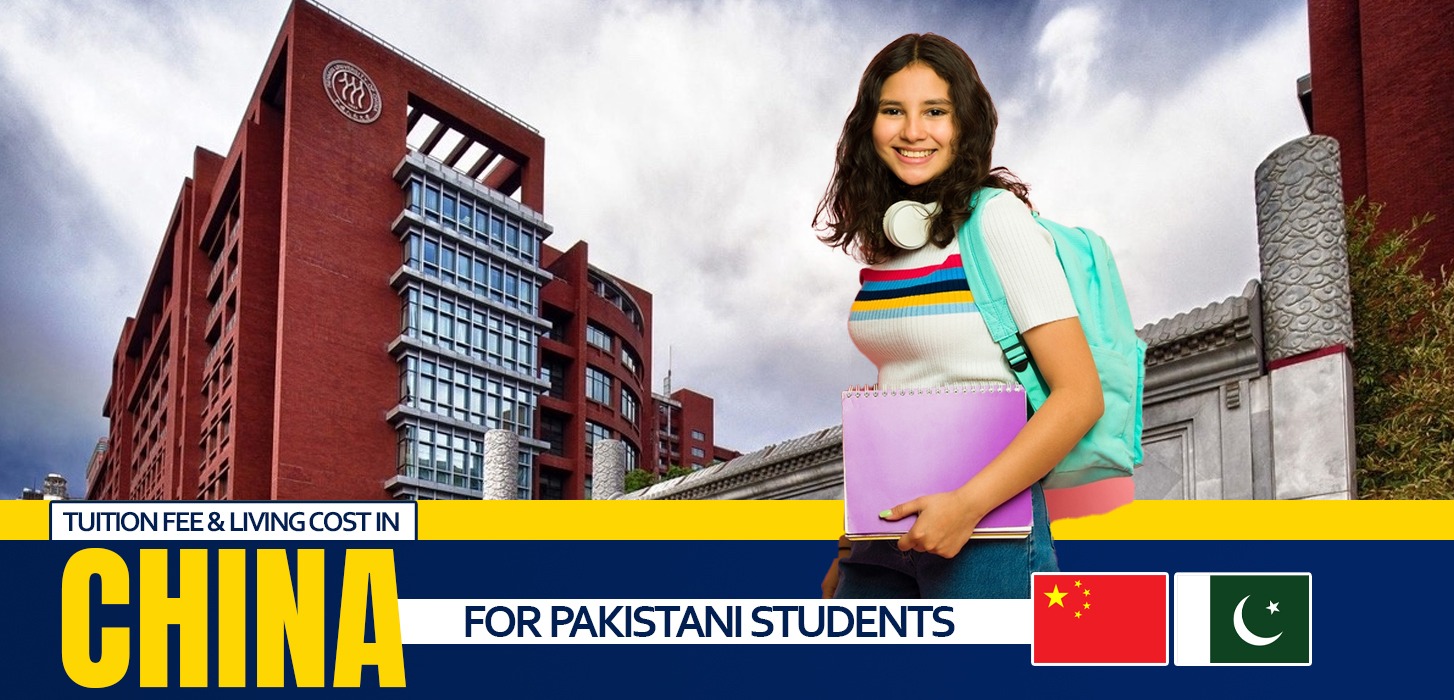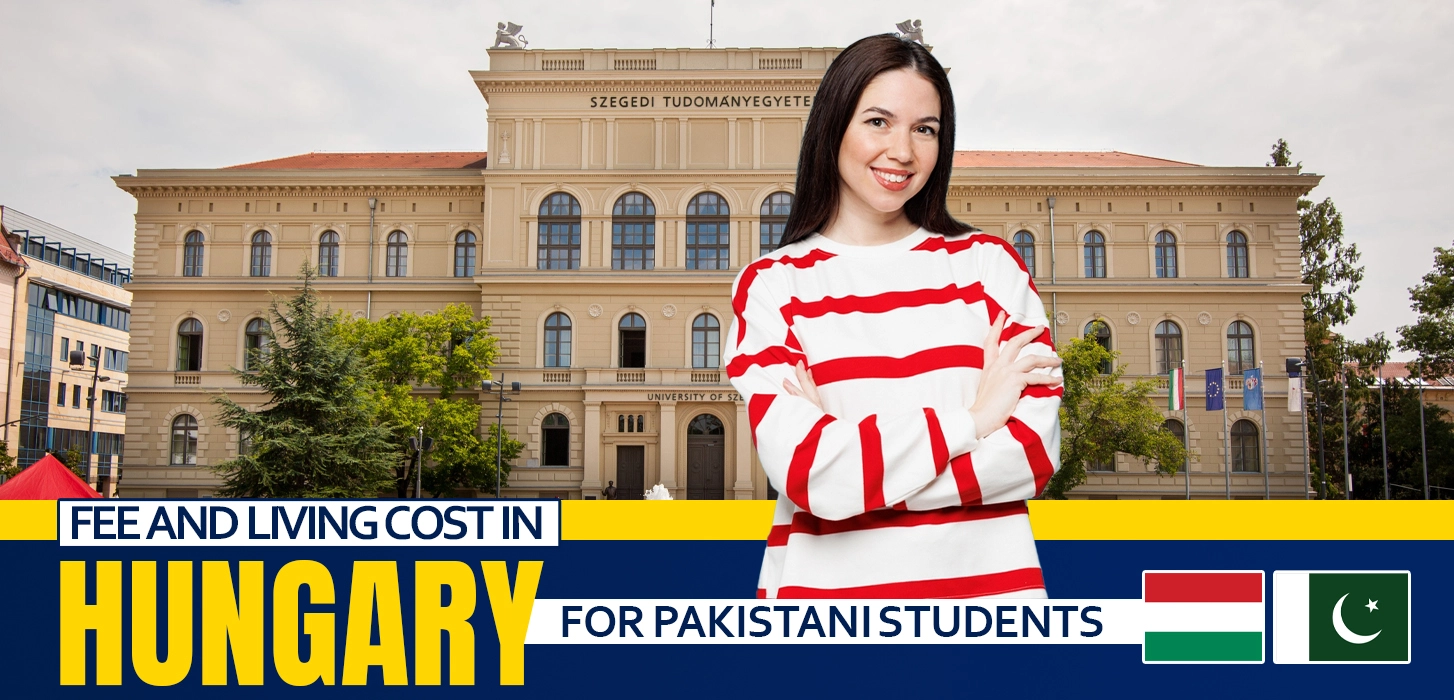
Study in Denmark for Pakistani Students | Tuition Fee | Eligibility Criteria | Denmark Visa Guide | Scholarships In Denmark
Denmark, known for its progressive society, rich cultural heritage, and world-class education system, offers an exceptional experience for international students seeking high-quality education in a vibrant and innovative environment.
Location and Geography | Denmark is located in Northern Europe and is part of Scandinavia. It consists of the Jutland Peninsula and numerous islands, the largest being Zealand and Funen. |
Education System | Denmark’s education system is known for its high quality and emphasis on innovation and critical thinking. |
Culture and Lifestyle | Danish culture values simplicity, equality, and sustainability. The lifestyle includes a strong emphasis on outdoor activities, cycling, and enjoying nature. |
Best Cities for Students | Copenhagen is highly ranked for its universities, cultural offerings, and student-friendly environment. Aarhus and Odense are also popular choices for students due to their academic institutions and quality of life. |
Currency | The currency used in Denmark is the Danish Krone (DKK). |
Tuition Fees | Tuition fees for EU/EEA and Swiss students are typically free for undergraduate, master’s, and PhD studies. Non-EU/EEA students may have tuition fees ranging from 6,000 to 16,000 EUR per year, depending on the program and institution. |
Official languages | The official language of Denmark is Danish. |
Language of Instruction | Most programs at Danish universities are taught in Danish. However, many institutions offer courses and programs in English, particularly at the master’s and PhD levels. |
Admission Intakes | Admission intakes vary by institution and program, but typically, the main intakes are in August/September and February/March. |
Average Hostel Fees | Hostel fees can range from 250 to 500 EUR OR 1800 to 3500 Danish Krone per month, depending on location and facilities. |
Living Costs | Living costs for students in Denmark are approximately 800 to 1,200 EUR OR 6000-10000 per month, covering accommodation, food, transportation, and other expenses. |
IELTS Requirement | Most universities in Denmark require an IELTS score of at least 6.5 overall, with no section below 6.0 for English-taught programs. |
Time for Study Visa Process | typically takes 1 to 3 months |
Visa Success Ratio | high visa success ratio for international students |
University Application Fee | Many universities in Denmark do not charge an application fee, but it’s important to check with individual institutions for specific details. |

- Quality Education and Innovation: Denmark boasts a strong reputation for academic excellence and innovation. Its universities consistently rank among the top in global assessments, offering a wide range of programs taught in English.
- Unique Teaching Style: One of the hallmarks of Danish education is its student-centred teaching style. Universities emphasize interactive learning, collaborative projects, and independent thinking. This approach prepares you for a globalized job market where creativity and problem-solving are highly valued.
- English-taught Programs: Most Danish universities offer a plethora of programs taught entirely in English, making it accessible for international students to pursue their academic interests without language barriers.
- Innovative Research Opportunities: Denmark is at the forefront of research and innovation. As a student, you’ll have access to state-of-the-art facilities and opportunities to engage in groundbreaking research projects alongside world-renowned professors and researchers.
- Cultural Diversity and Integration: Denmark prides itself on being a welcoming and inclusive society. As an international student, you’ll find a multicultural environment that encourages cultural exchange and understanding. The Danish culture is vibrant, with a strong emphasis on sustainability, design, and a high quality of life.
- Affordable Education and Living Costs: For EU/EEA and Swiss students, higher education in Denmark is tuition-free. Non-EU/EEA students are required to pay tuition fees, but scholarships and financial aid options are available. Additionally, while living costs may vary depending on the city and lifestyle, Denmark offers affordable housing options, reasonable transportation costs, and access to student discounts.
- Work Opportunities and Post-graduation Prospects: Denmark allows international students to work part-time while studying and offers opportunities for internships and practical training. After graduation, you can extend your stay to seek employment in Denmark through the Post-Study Work Visa scheme. The Danish job market values international graduates, particularly those with skills in sectors such as technology, engineering, life sciences, and renewable energy.
Denmark has several reputable universities known for their quality education and research. Some of the prominent ones include:
University Name | Highlights |
University of Copenhagen | The largest and oldest university in Denmark, offering a wide range of programs across various disciplines. |
Aarhus University | Known for its strong research profile and international outlook, located in the city of Aarhus. |
Technical University of Denmark (DTU) | Specializes in engineering and natural sciences, with a focus on technological research. |
Aalborg University | Renowned for its problem-based learning approach and strong programs in engineering, social sciences, and humanities. |
Roskilde University | Known for its interdisciplinary programs and focus on problem-oriented project work. |
Copenhagen Business School (CBS) | A leading business school in Europe, offering programs in business administration, economics, and related fields. |
Denmark offers several scholarships and financial support options for international students to study in the country. Here are some key avenues to explore:
- Danish Government Scholarships for Non-EU/EEA Students: These are administered by the Danish government and cover tuition fees and provide a monthly stipend. They are merit-based and highly competitive.
- Erasmus+: This EU-funded program offers scholarships and grants for students from EU and partner countries to study in Denmark. It supports both short-term exchanges and full degree programs.
- University Scholarships: Many Danish universities offer scholarships specifically for international students. These can vary in terms of eligibility criteria, coverage, and application procedures, so it’s important to check each university’s website.
- The Danish State Educational Support (SU): This is a financial aid scheme available to students in Denmark, including international students who meet certain residency and other criteria. It provides a monthly grant.
- Private Scholarships and Grants: Various private foundations, organizations, and companies in Denmark offer scholarships to international students based on academic excellence, research projects, or specific fields of study.
- Student Jobs: International students are allowed to work part-time in Denmark, which can help supplement living expenses.
- EU Blue Card Scheme: For highly skilled workers, including recent graduates, the EU Blue Card allows non-EU citizens to work and live in Denmark, potentially providing financial stability.

Applying to study in Denmark is straightforward. Most universities have an online application system, and international offices provide support throughout the admission process. From visa assistance to accommodation advice, universities in Denmark ensure that international students feel welcomed and supported from the moment they apply until graduation.Sure, here’s a brief overview of the admission process for international students in Denmark:
1. Choose a program and university.
2. Check application deadlines and requirements.
3. Submit required documents online.
4. Await admission decision.
5. Receive acceptance letter and confirm enrollment.
6. Apply for a residence permit if needed.
7. Prepare for your move to Denmark.
Each step involves specific details and requirements that should be followed closely.
Studying in Denmark as an international student offers a transformative experience both academically and culturally. With its commitment to innovation, high-quality education, and inclusive society, Denmark provides a unique opportunity to broaden your horizons and prepare for a successful future in a globalized world. Embrace the chance to study in one of Europe’s most dynamic and welcoming countries and embark on an unforgettable educational journey in Denmark.
By choosing Denmark as your study destination, you’re not just investing in your education—you’re investing in a future filled with opportunities, growth, and lifelong connections in one of the world’s most progressive and inspiring countries.
Latest Post
Lithuania has become an attractive destination for Pakistani students seeking...
Many Pakistani students dream of studying abroad but are often...
According to the Ministry of Education and Research report, In...
Pursuing higher education in New Zealand is a top destination...
The UK has always been a student-preferred destination for gaining...
Understanding the tuition fee & living cost in China is...
Hungary is an increasingly popular choice for Pakistani students pursuing...
Studying in Oman is an excellent opportunity for Pakistani students...










